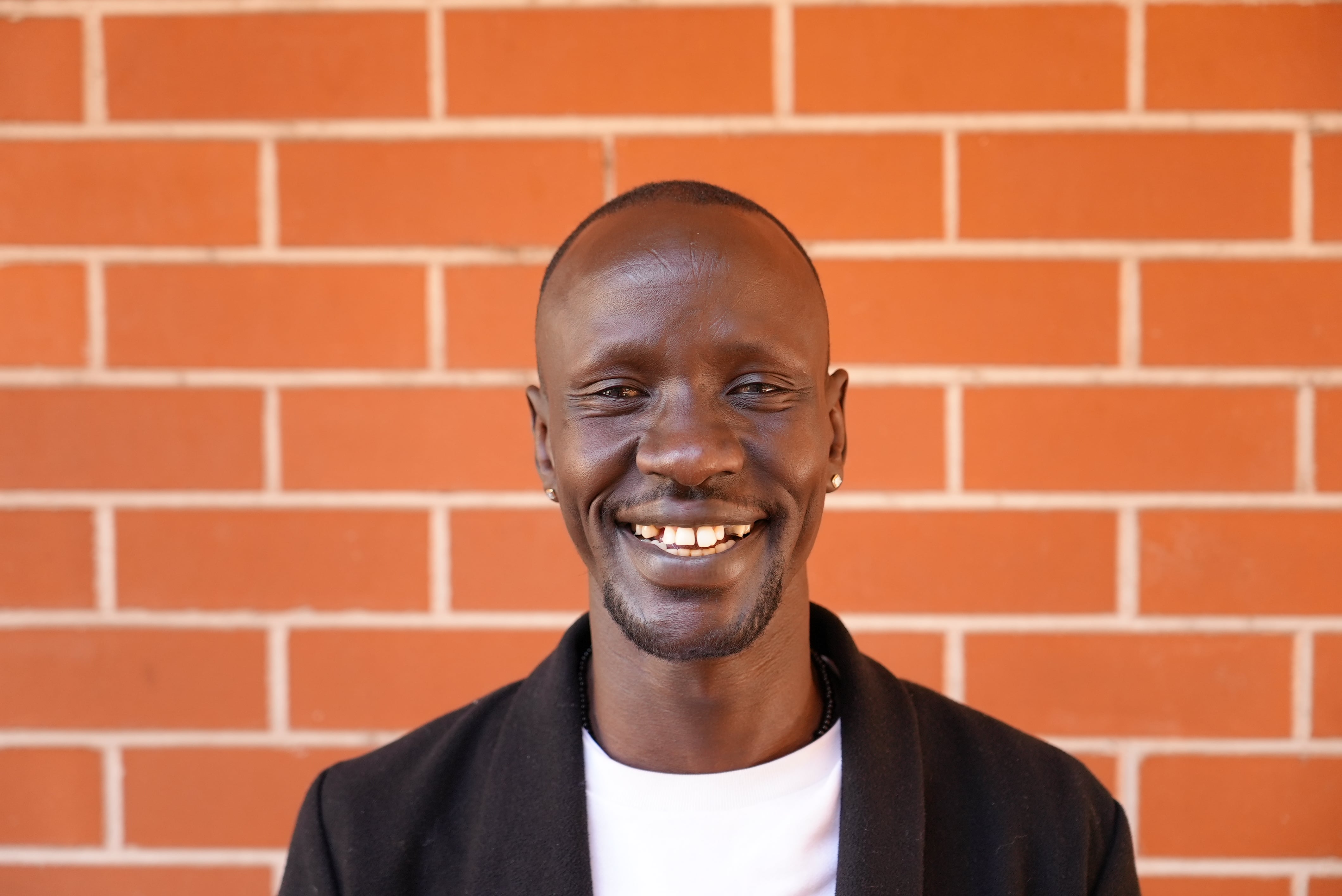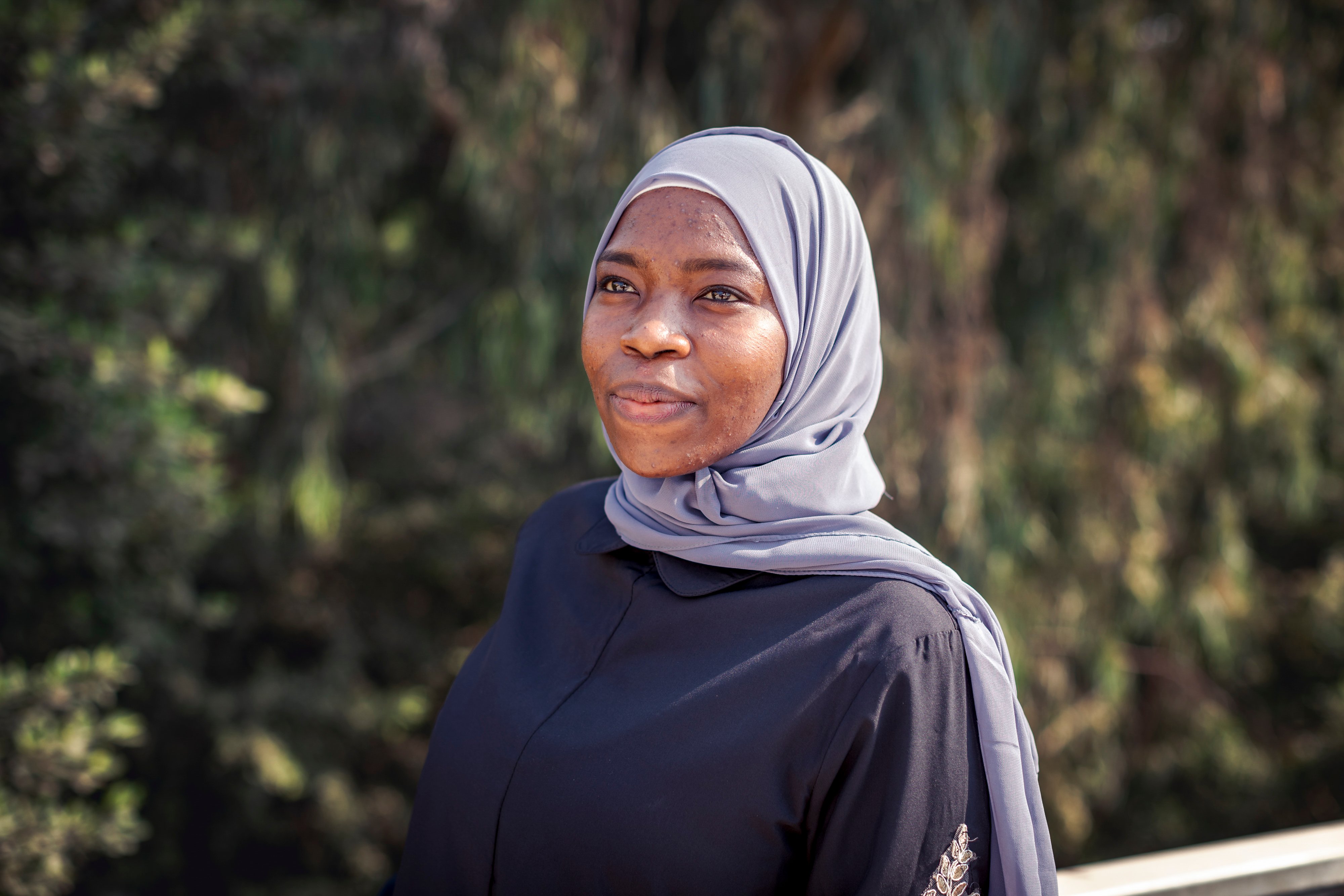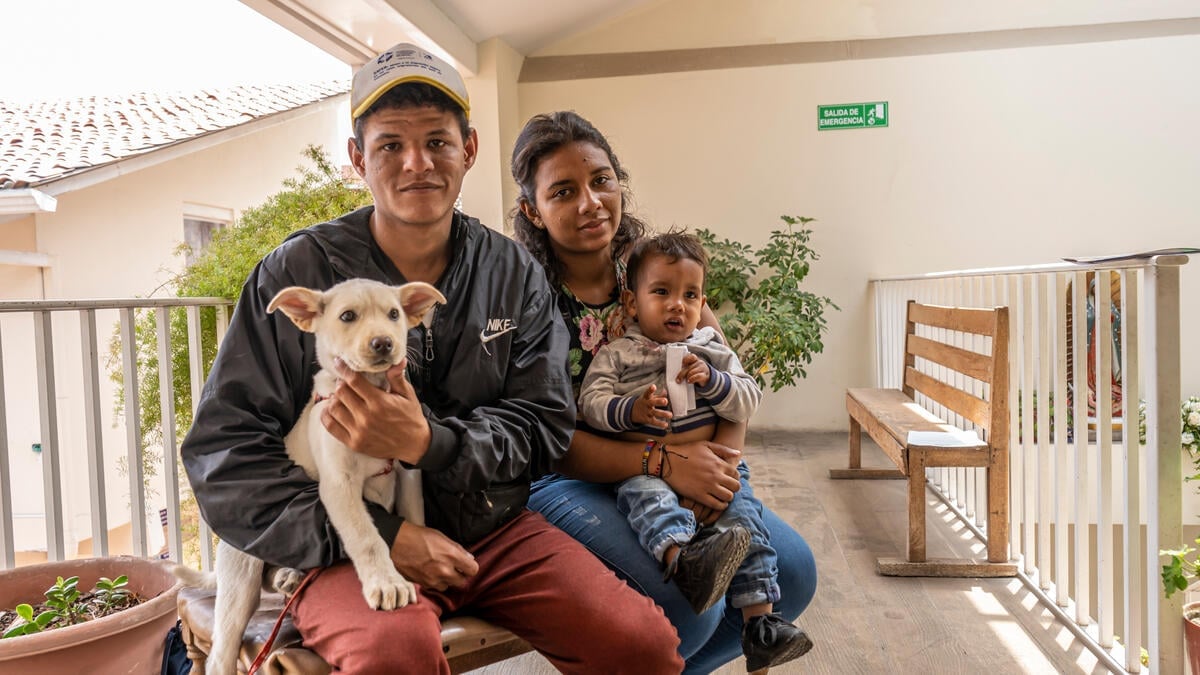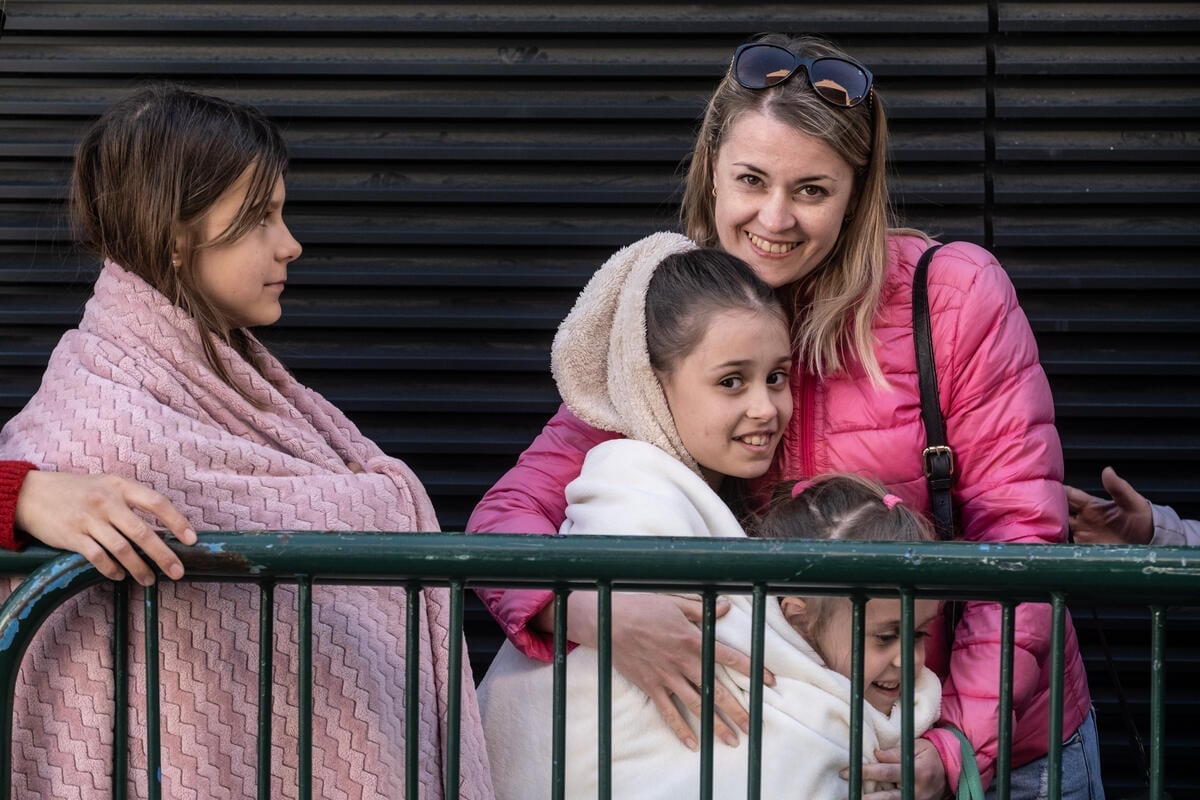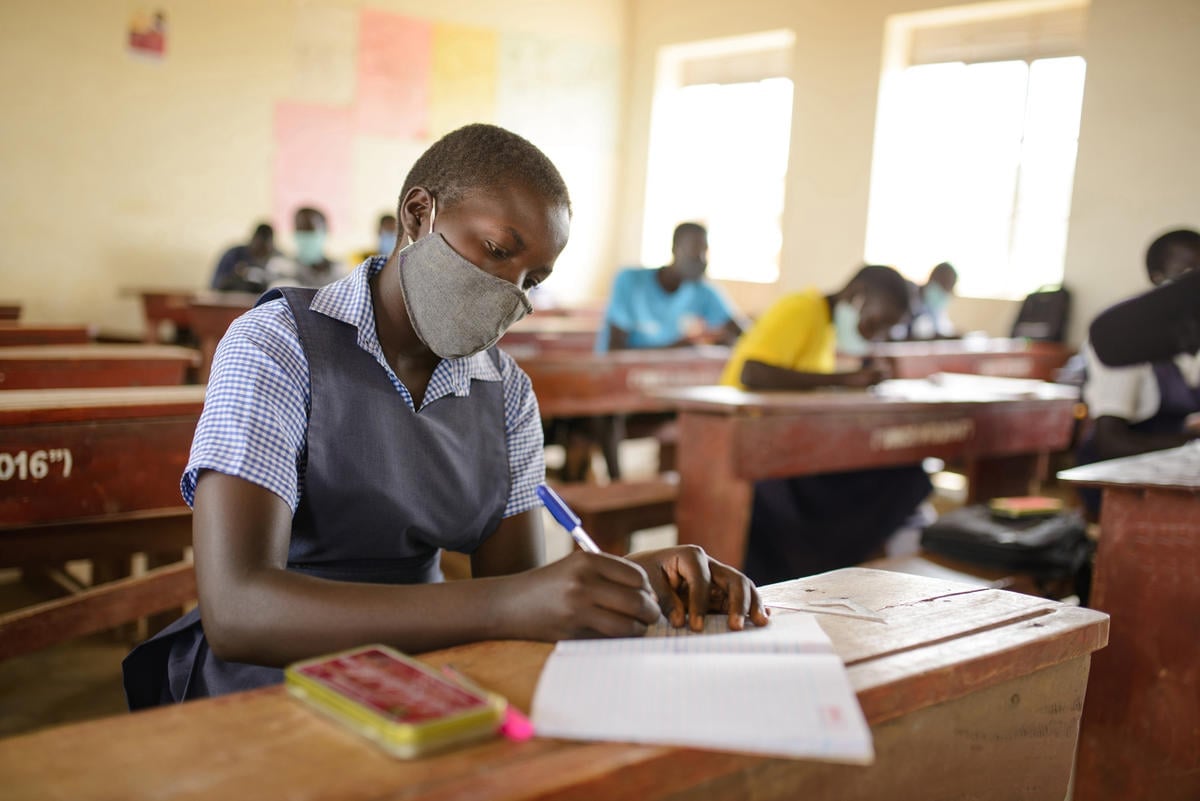Q&A: A scholarship gives hope to a Somali refugee in Yemen
Q&A: A scholarship gives hope to a Somali refugee in Yemen

ADEN, Yemen, April 11 (UNHCR) - Hassan Mohammed Hussain, a dental student in Yemen, has come a long way since making the perilous Gulf of Aden crossing from Somalia as a young child. The 25-year-old Somali refugee is studying to become a dental assistant at Aden University after winning a four-year Howard G. Buffett Foundation scholarship. He recently spoke to UNHCR Video Production Officer Leigh Foster. Excerpts from the interview:
How long have you been in Yemen?
I arrived in Yemen in 1992 by sea with my father and two brothers and we stayed in a couple of camps before ending up at Kharaz camp [in the desert some 100 kilometres west of Aden]. I finished my secondary education in Kharaz. Now I am here [in Aden] as a dental student, but I still live in Kharaz with my wife, my two sons and my father and two brothers. My brothers make money from washing cars in Aden.
What is it like living in Kharaz?
Kharaz camp is not the best place to live. The shelters are very small and they are not big enough for the whole family. Also, there are other problems [with the hot weather] for children and pregnant women. The hardest thing about living at Kharaz is that it is far from the city and it is difficult to find medicine.
What opportunities are there in the camp?
After I finished secondary school, I spent one year doing nothing. I couldn't get work and the future was unclear. A secondary school graduate has only a few opportunities, such as translating for NGOs or maybe working as a teacher in the camp schools.
After failing to find work with NGOs, I volunteered for two years in the camp clinic. I am lucky to get this scholarship which not everyone could get. That's why I want to get as much out of it as possible. If it wasn't for this, I don't know what I would do.... I am going to try to make the most of this scholarship so that I can help my family and boost my chances of getting a good job.
What are your living conditions in Aden?
In this room there are 4 people living and sleeping. In the morning I am at the school and the others go off to work. We meet here just at night to sleep. We use this room just for sleeping; for eating we go outside to the cafés. There's no kitchen here. In the Basateen area there are many Somali refugees and others, and everyone manages himself. Some have shops or restaurants, and in general we are all living here in peace.
I receive 20,000 Yemeni rials (US$100) a month from the scholarship and I send about half of this to my family and I use the rest to pay for rent and food. I study in the morning and so sometimes in the afternoon I work with a friend collecting fares on buses. I can make 100, 200 or 300 rials a day.
Is it easy to study in those conditions?
I study with one of my friends. We usually study at the institute together in the morning at the library and when we get home we meet here in my place to study. We are friends with other students whether they are Yemenis or not. Sometimes it's happened that some boys are calling you - "hey refugee" - but for me it means nothing.
The main difficulty is that some subjects are just very hard. The second is that of my family. It's difficult to be away from my family because I visit them for four hours per week and the transportation is expensive.
How did you become a refugee in Yemen?
Most refugees who come here are not interested in staying in Yemen - it's just like a place of transit to Saudi Arabia as they look for better conditions. So many of them die trying to come across. We have discussed why my father decided to bring us here and he said he had to bring us to safety; and it was the closest place to Somalia.

What kind of work would you like to do after your studies?
I would like to work either in the camp with the help of UNHCR or, if I can't work in the camp, I would like to go back to Somalia and use my skills there.
If the security situation improves, why not go back?


